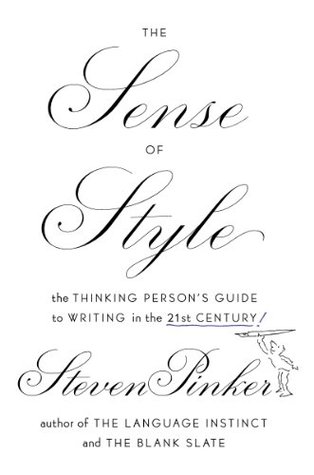More on this book
Community
Kindle Notes & Highlights
Started reading
November 10, 2019
Among the many dumb rules of paragraphing foisted on students in composition courses is the one that says that a paragraph may not consist of a single sentence.
an insistence on fresh wording and concrete imagery over familiar verbiage and abstract summary; an attention to the readers’ vantage point and the target of their gaze; the judicious placement of an uncommon word or idiom against a backdrop of simple nouns and verbs; the use of parallel syntax; the occasional planned surprise; the presentation of a telling detail that obviates an explicit pronouncement; the use of meter and sound that resonate with the meaning and mood.
show.
inscrutable,
college student who writes a term paper is pretending that he knows more about his subject than the reader and that his goal is to supply the reader with information she needs, whereas in reality his reader typically knows more about the subject than he does and has no need for the information, the actual goal of the exercise being to give the student practice for the real thing.
The purpose of writing is presentation, and its motive is disinterested truth. It succeeds when it aligns language with the truth, the proof of success being clarity and simplicity. The truth can be known, and is not the same as the language that reveals it; prose is a window onto the world. The writer knows the truth before putting it into words; he is not using the occasion of writing to sort out what he thinks. Nor does the writer of classic prose have to argue for the truth; he just needs to present it.
showing the reader something in the world, and engaging her in conversation.
concrete:
term papers,
Writing in practical style may conform to a fixed template (a five-paragraph essay, a report in a scientific journal), and it is brief because the reader needs the information in a timely manner. Writing in classic style, in contrast, takes whatever form and whatever length the writer needs to present an interesting truth. The classic writer’s brevity “comes from the elegance of his mind, never from pressures of time or employment.”4


